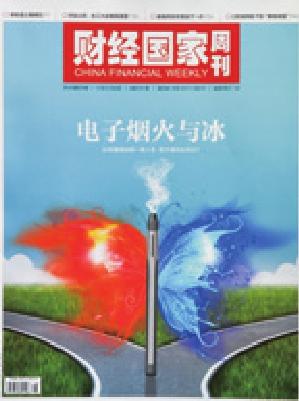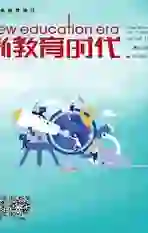NEW HEAD COACH FOR NATIONAL FOOTBALL TEAM
2020-01-09

NEW HEAD COACH FOR NATIONAL FOOTBALL TEAM
Li Tie was appointed head coach of Chinese mens national football team on January 2.
On November 14, 2019, Marcello Lippi resigned as Chinas head coach after China lost to Syria 2-1 in a crucial World Cup qualifi er.
Li, born in May 1977, started playing football at the age of 8. He was selected to the national football team in 2001 and participated in the FIFA World Cup in 2002.
He joined Lippis coaching staff and served as assistant coach in 2016. Two years after leaving in 2017, he returned and led the team to the EAFF East Asian Cup in 2019. His good performance during the championship helped his appointment.
China, eight points behind group leader Syria, will play its next Asian World Cup qualifi er at home against the Maldives on January 26.
Revised Securities Law
Beijing Youth Daily December 30, 2019
A draft revision to Chinas Securities Law was approved at the end of a six-day bimonthly session of the National Peoples Congress Standing Committee on December 28, 2019. The revised law, which is the fundamental law governing the capital market, will go into effect on March 1.
Chinas capital market is a late starter experiencing rapid growth, with a relatively strict market entry in practice over the past years. But the relatively low return on investment in the market has dampened its efficiency and attraction, and core market intermediaries are hard to innovate since the law imposed much stricter regulations on the securities industry than in other mature capital markets.
The revised law has made new arrangements for initial public offerings to gradually implement the registration-based system across the whole market. It has changed the requirement of issuing new shares from“capable of continuous profi tability” to “capable of continuous operation.” The public offering review committee system, whereby the China Securities Regulatory Commission(CSRC) reviewed applications and authorized stock exchanges to review applications, was abolished. The CSRC will instead be responsible for securities registration.
The revision has stricter information disclosure requirements and more concise requirements for issuing securities in compliance with registration-based reform. It also focuses on strengthening the protection of investors, introducing compensation in civil litigation and increasing penalties for illegal activities in the securities sector.
Regulating E-Cigarettes
China Financial Weekly December 23, 2019
A notice was released by Chinas State Tobacco Monopoly Administration and the State Administration for Market Regulation on November 1, 2019, ordering makers and sellers of e-cigarettes to close their online shops and remove any related online ads for stricter tobacco control among teenagers.
In addition, an offl ine regulation is being implemented as well. In Shenzhen, a major producer of e-cigarettes in Guangdong Province, south China, the local government has regulated the product as tobacco. Hangzhou, Zhejiang Province in east China, has also made it clear that e-cigarette vaping should be controlled. Some retailers have been ordered to stop selling ecigarettes or have their licenses revoked.
China has emerged as the worlds largest producer and exporter of e-cigarettes. In 2018, its total e-cigarette export was 30 billion yuan ($4.3 billion), according to the Electronic Cigarette Industry Committee under the China Electronic Chamber of Commerce. A report from the Chinese Center for Disease Control and Prevention showed that young people in China are the biggest e-cigarette smokers.
At least 98 countries around the world have issued regulations to control e-cigarette. Among them, 32 have specif ic regulations on nicotine content, 35 have restrictions on the sale of all or parts of ecigarette products, and six have completely banned the use of e-cigarettes.

A national standard for e-cigarettes is under review and is to be issued in the near future. Many players within the industry have already taken action in the face of industry reshuffling. Sales agents will be bound by contracts not to sell e-cigarettes to teenagers. Some brands are changing the packaging of their products, highlighting information like the nicotine content, the damage to the human body and risks like explosions, liquid permeation and burns.
Mobilizing Talents
Peoples Daily December 26, 2019
In support of sustained economic growth, China issued a guideline to step up reform to improve social mobility of labor and talent. Jointly issued by the General Offi ce of the Communist Party of China Central Committee and the General Offi ce of the State Council, the guideline made a top-level design to generate high-quality labor mobility, innovation and entrepreneurship by removing institutional barriers that block the free fl ow of labor and talent.
